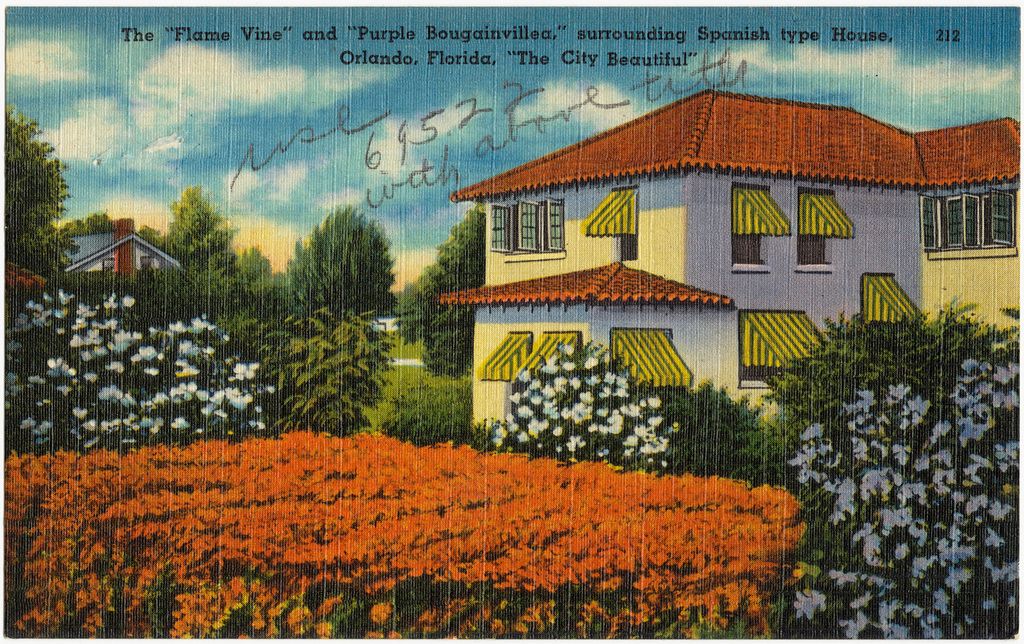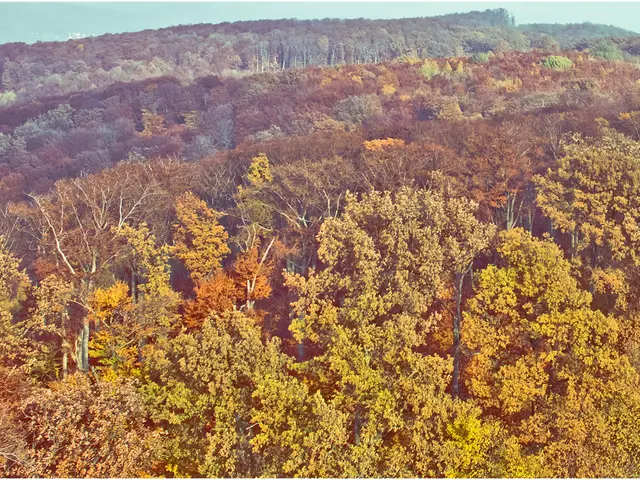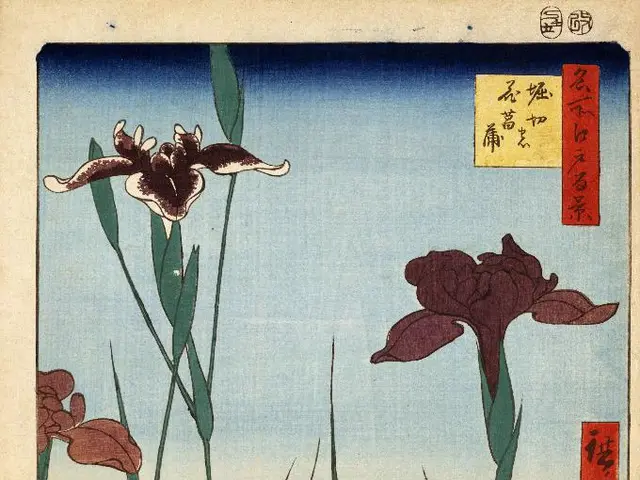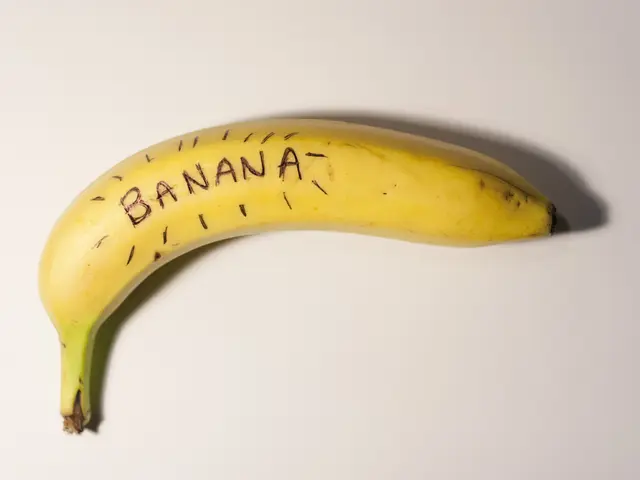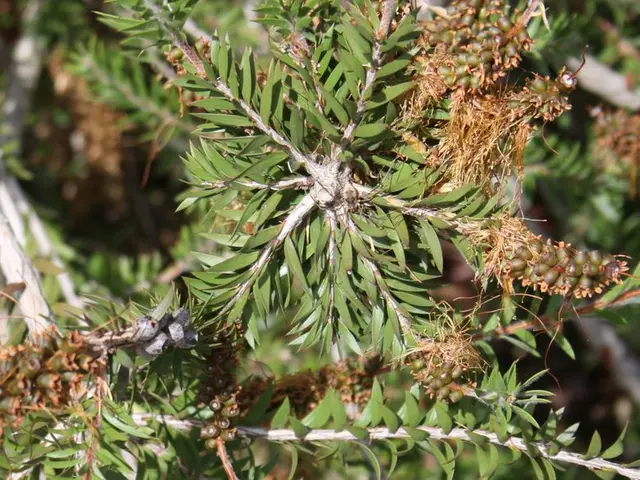Is it Essential to Apply Garden Mulch Annually?
From Dirt to Dazzling: Mulching Your Garden - Frequency, Benefits, and Expert Tips
Mulching Your Garden: The Lowdown
Mulching your garden beds is a fantastic way to keep weeds at bay, conserve water, and manage soil temperature. But the burning question remains - do you need to mulch every year? While it's a decision that depends on various factors, we've asked gardening gurus to shed some light on the matter.
Celina DeBrito, the green-thumbed maestro behind Pippin Hill Farm & Vineyards, shares her take.
- Monetary Matters: Mulching large garden areas can become a bit pricey, so some gardeners opt to forgo annual mulching to cut costs. To help stretch your budget, Celina suggests stocking up on mulch during sales or buying in bulk.
Janet Mavec, author of the charming Bird Haven Farm: The Story of an Original American Garden, gives us the rundown on the perks of mulching.
- Water-Saving Hero: Mulch works wonders in retaining soil moisture, meaning you'll spend less time watering your precious greenery. Plus, it insulates plants during the winter, offering them a cozy cushion.
- Weed Whisperer: Mulch helps suppress weeds by blocking sunlight, making it difficult for weed seeds to germinate.
- Soil Saver: By shielding your soil from the elements, mulch reduces soil erosion caused by rain and water splashes.
The Art of When - and When Not - to Mulch
While mulching every year isn't a requirement, it's essential to know when to lay down fresh mulch. Celina DeBrito prefers tackling the majority of her mulching in the springtime, once her perennials start to emerge. Selective mulching in the fall can also protect tender bulbs and perennials from the cold.
Signs It's Time for a Mulch Makeover
- Depth Drama: If your mulch layer is less than 2 inches deep, it's time to refresh it. A thin layer won't retain enough moisture to keep your soil and plants happy.
- Mulch Mold: If your mulch hosts fungi, it can accelerate decomposition and potentially hamper airflow to plant roots. To combat this, rake up and remove the old layer before adding fresh mulch.
- Weed Ward: Mulch should help keep weeds at bay, but if you find yourself battling an increasing number of unwanted plants, it's a sign that it's time for a mulch revamp.
Skipping the Mulch - What to Do Instead?
If mulching isn't your thing, there are other ways to keep your garden in tip-top shape. Our gardening experts recommend staying on top of weeding, enhancing your soil with compost, and testing the pH levels. In addition, garden lovers like Janet Mavec recommend using fallen leaves from your yard as a natural mulch come early spring, before the weeds awaken.
Embrace the art of mulching and watch as your garden flourishes!
Martha Stewart, renowned in home-and-garden circles, reiterates the importance of mulch in gardening, emphasizing its role in weed suppression and soil conservation. She suggests being mindful of monetary matters when dealing with large garden areas, recommending buying mulch during sales or in bulk to save costs.
Janet Mavec, author of Bird Haven Farm, emphasizes the benefits of mulch in gardening, stating that it saves water, insulates plants during winter, suppresses weeds, and reduces soil erosion.
In the art of knowing when to mulch, both Celina DeBrito and Janet Mavec advise mulching in the spring when perennials emerge and selectively in the fall to protect tender bulbs and perennials from cold. They caution against mulching annually, suggesting that a mulch makeover may be necessary when the layer is less than 2 inches deep, if mold appears, or if the presence of weeds indicates the need for a change.
